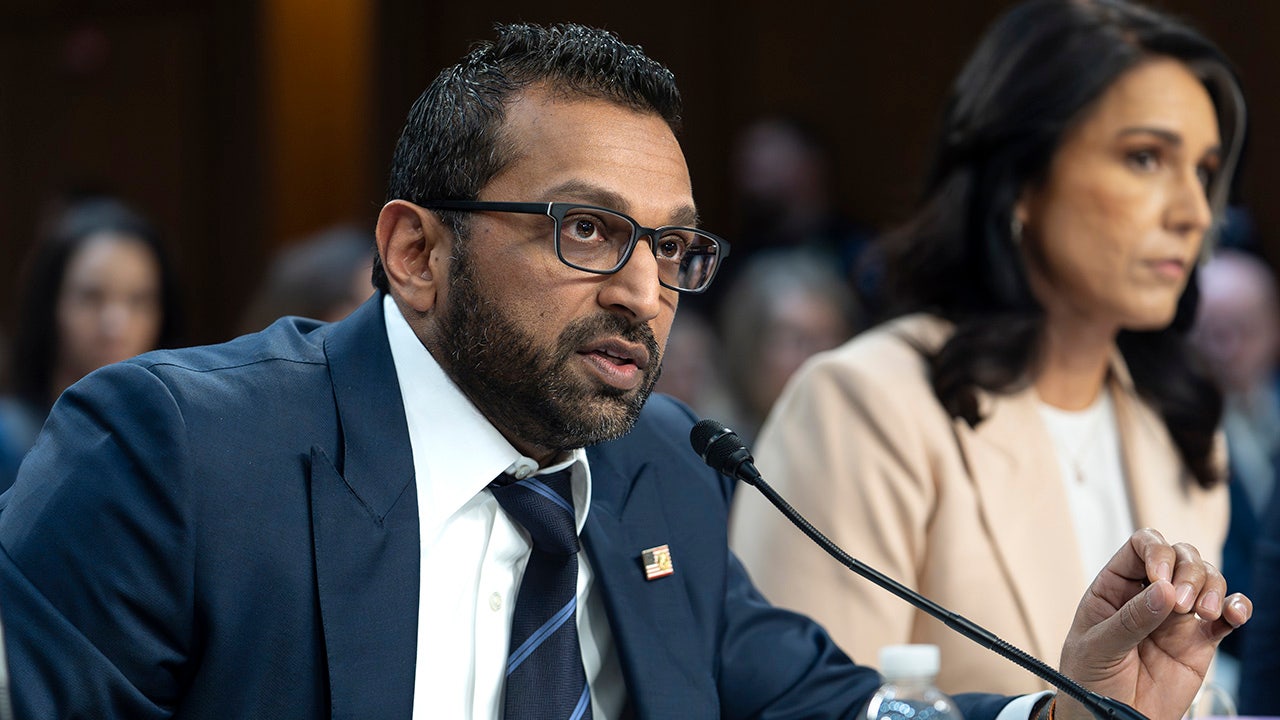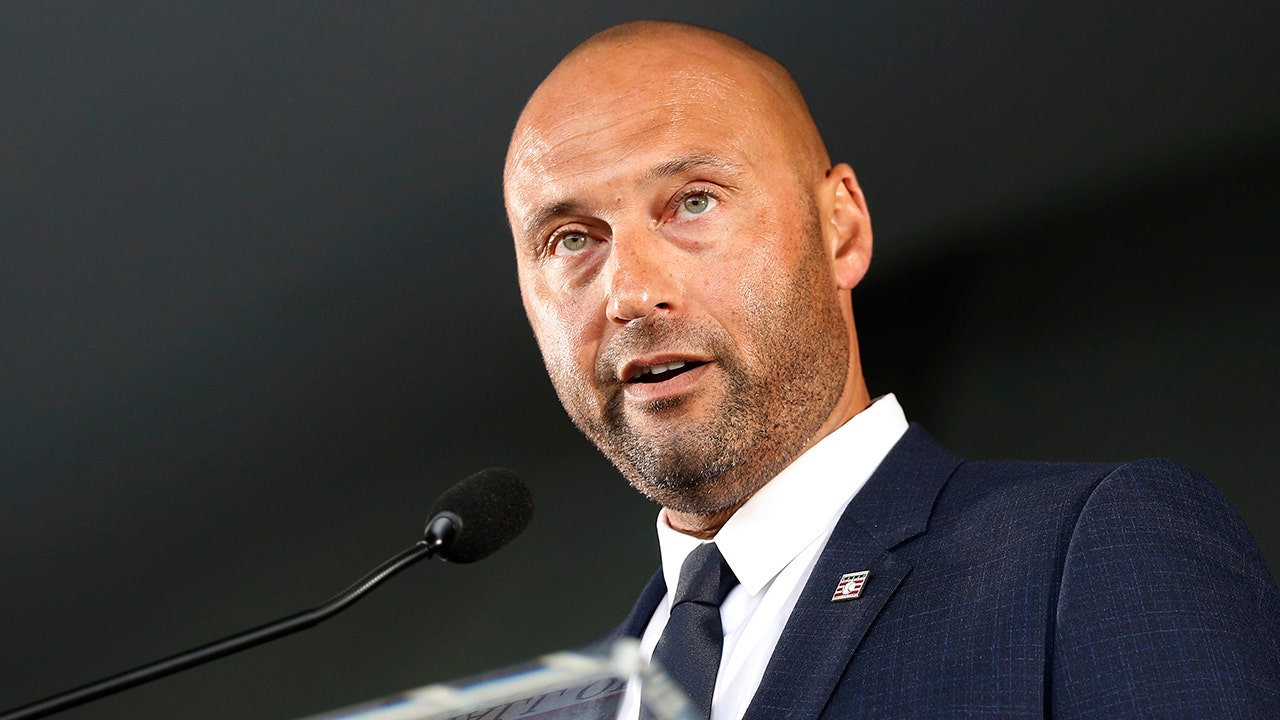The number of people turned away at the German border has risen by almost half since controls were tightened a week ago.
Germany's new interior minister, Alexander Dobrindt, said on Thursday that police had turned back 739 people at the border in the past seven days, a rise of 45% on the previous week, when 511 were denied entry.
Dobrindt was speaking during a visit to the checkpoint on the A93 motorway on the Bavarian-Austrian border.
Asylum seekers were among those turned away. Of 51 people who applied for asylum, 32 were rejected, Dobrindt said.
Dobrindt ordered an tighter controls on Wednesday last week, just hours after taking office. At the same time, he ordered that asylum seekers should also be denied entry at the border in future.
However, the measures do not apply to pregnant women, children and other members of vulnerable groups.
Previously, only people who did not apply for asylum and foreigners who were subject to a temporary entry ban, for example due to a previous deportation, were turned away.
Dobrindt's predecessor, Nancy Faeser, had gradually introduced the checks for all border sections.
Such checks, which must be justified to the EU Commission, have been in place at the border with Austria since 2015.
German police officers carry out checks at the border crossing from Austria near Kiefersfelden. Federal Interior Minister Alexander Dobrindt and Bavarian Minister President Markus Soeder are scheduled to visit the checkpoint on the A93 in the afternoon. Peter Kneffel/dpa
German police officers carry out checks at the border crossing from Austria near Kiefersfelden. German Interior Minister Alexander Dobrindt and Bavarian Minister President Markus Soeder are scheduled to visit the checkpoint on the A93 in the afternoon. Peter Kneffel/dpa
.png)
 German (DE)
German (DE)  English (US)
English (US)  Spanish (ES)
Spanish (ES)  French (FR)
French (FR)  Hindi (IN)
Hindi (IN)  Italian (IT)
Italian (IT)  Russian (RU)
Russian (RU)  9 hours ago
1
9 hours ago
1











Comments